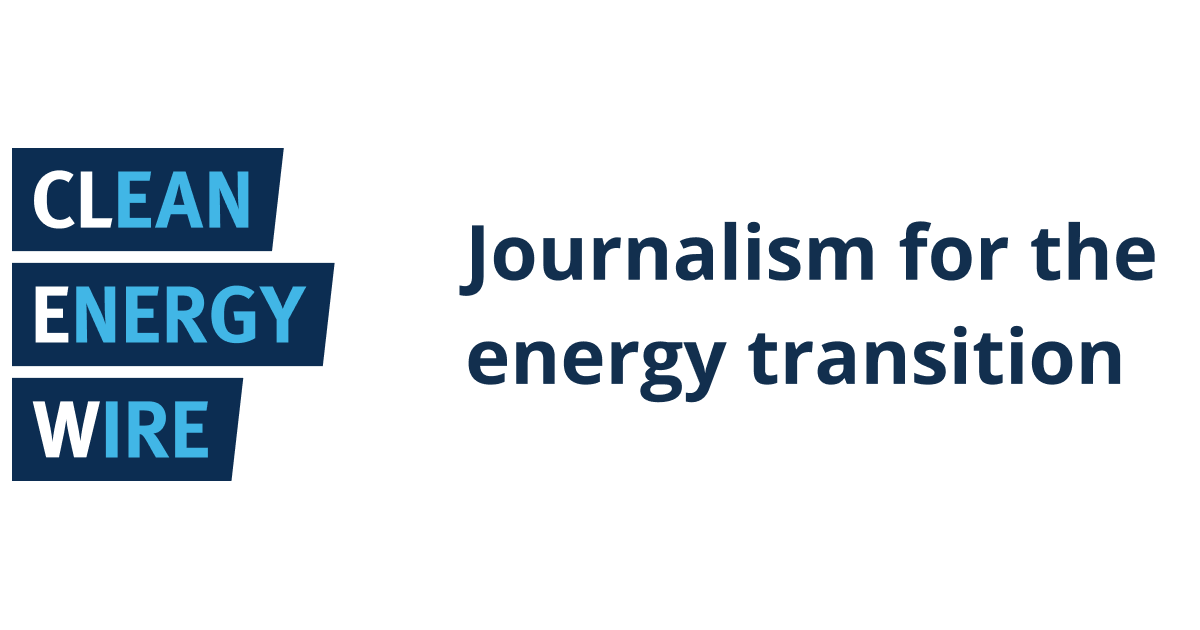Oman aims to become a key supplier of green hydrogen, targeting European industries looking for cost-effective, climate-friendly energy sources. By the 2030s, the Netherlands’ port of Amsterdam could see ships carrying liquid hydrogen produced from renewable energy sources in Oman, marking a shift in energy imports. Currently, the Netherlands imports vast quantities of liquid natural gas (LNG) from the United States, Norway, and Russia, but plans are underway to establish a liquid hydrogen corridor that connects Oman with European markets.
The Amsterdam port is collaborating with ten other companies to develop this corridor, which will transport hydrogen produced at renewable energy plants in Oman to Europe. The initiative includes the construction of a terminal capable of handling 200,000 tonnes of liquid hydrogen annually, with operations expected to start by 2029. EcoLog, a Greek hydrogen logistics firm, has secured land in Amsterdam for this terminal and plans to design specialized hydrogen tankers for the venture.
Ellen Ruhotas, EcoLog’s CEO, emphasized the project’s goal to mirror the LNG supply chain, identifying the regions where hydrogen can be produced most economically. She noted that four regions globally—northern Africa, Australia, southern Chile, and the Middle East, including Oman—are particularly advantageous for producing hydrogen due to their abundant wind and solar energy resources.
Oman’s Hydrom has already authorized five facilities to generate green hydrogen using wind and solar energy. Ruhotas asserts that Oman’s production costs will be significantly lower than those in Europe, predicting that even after accounting for liquefaction and transportation expenses, Omani hydrogen could be delivered at half the price of European hydrogen, which currently ranges between 10 to 12 euros per kilogram.
This hydrogen corridor also aligns with EcoLog’s carbon liquefaction project, which will utilize the cold energy released when hydrogen is gasified to liquefy CO2 captured from Tata Steel’s operations in the Netherlands. The liquid CO2 will then be stored in depleted gas fields in the North Sea, creating a synergy that benefits both hydrogen production and carbon management.
In addition to sourcing hydrogen from Oman, EcoLog plans to import liquid hydrogen from Norway, Saudi Arabia, and Spain, aiming to establish a robust supply chain for this emerging energy commodity. This initiative represents a significant advancement, as hydrogen has only been shipped in limited quantities for testing until now. “We’re trying to create a supply chain that doesn’t exist,” Ruhotas stated, highlighting the excitement surrounding this new venture.




